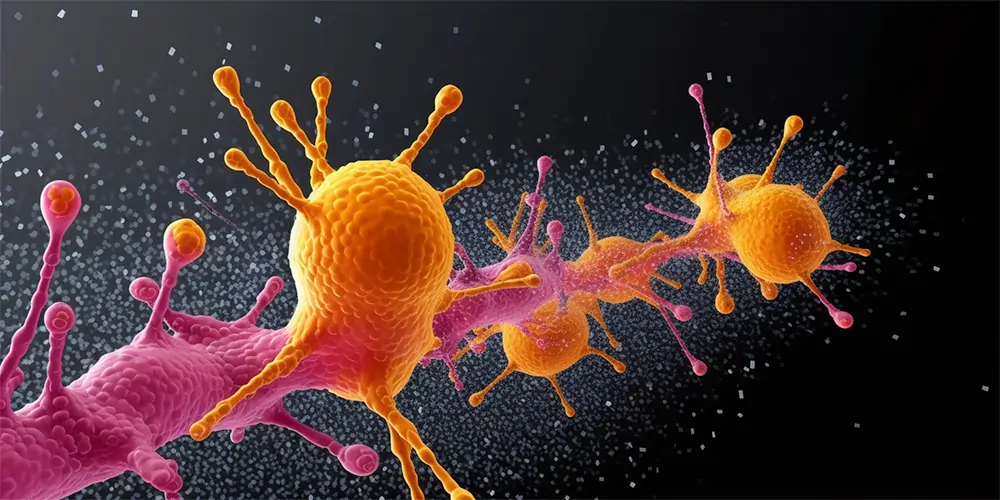A groundbreaking research project led by the Australian Monash University, associated with Melbourne’s start-up Cortical Labs, has received a considerable grant exceeding £300,000.
The award comes from the esteemed National Intelligence and Security Discovery Research Grants Program and the Office of National Intelligence (ONI). This recognises the project’s potential significance to the technology field.
Associate Professor Adeel Razi from the Turner Institute for Brain and Mental Health is heading this innovative endeavour.
His team has been focusing on creating a fusion of synthetic biology and artificial intelligence.
This amalgamation involves growing human brain cells, to the tune of around 800,000, in a laboratory setting and “teaching” them to perform goal-oriented tasks.
As Razi elaborates, their work “merges the fields of artificial intelligence and synthetic biology to create programmable biological computing platforms”.
The project, which notably developed a semi-biological computer chip, termed the “DishBrain”, made headlines last year. This was when a cluster of brain cells were trained to play a tennis-like computer game, Pong, causing a stir among the global scientific community.
Also read:
DishBrain: Raising the Bar for Machine Learning
The “DishBrain” technology is based on a multi-electrode array that uses electrical activity to provide feedback to the brain cells.
In the context of the Pong game, this feedback was related to the game elements, such as when the “paddle” hit the “ball”. These lab-grown brain cells not only sensed their environment but also interacted with it, a first in the history of synthetic biology.
The significance of this project transcends its innovative nature.
According to Razi, the technology holds the potential to surpass the performance of current, purely silicon-based hardware.
The researchers aim to understand the biological mechanisms that underlie lifelong continual learning. This is a trait at which brains are known to excel.
In contrast to current AI technology, which suffers from the phenomenon of “catastrophic forgetting”, the forgetting of old tasks occurs upon the inception of new ones. The “DishBrain” model, however, could provide the blueprint for developing machine intelligence that learns throughout its lifetime.
The importance of this capability cannot be overstated, particularly in the emerging field of autonomous vehicles, drones, delivery robots and other smart devices.
Lifelong Learning Machines
The real promise of the DishBrain project lies in its aim to build better AI machines. Such machines that can replicate the learning capacity of these biological neural networks.
Razi states, “We will be using this grant to develop better AI machines that replicate the learning capacity of these biological neural networks. This will help us scale up the hardware and methods capacity to the point where they become a viable replacement for in silico computing.”
The implications of this research could be far-reaching, with potential impacts on fields like planning, robotics, advanced automation, brain-machine interfaces, and drug discovery.
As Razi notes, the research outcomes could give Australia a significant strategic advantage, bringing synthetic biological intelligence, once confined to science fiction, within reach. However, as AI and synthetic biology are explored, safety and regulation questions arise.




